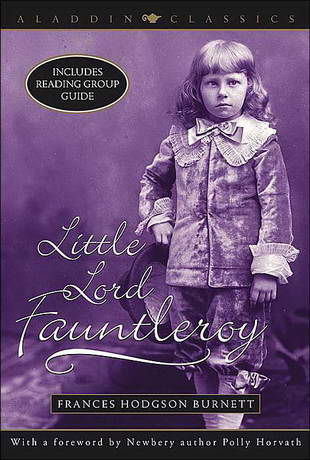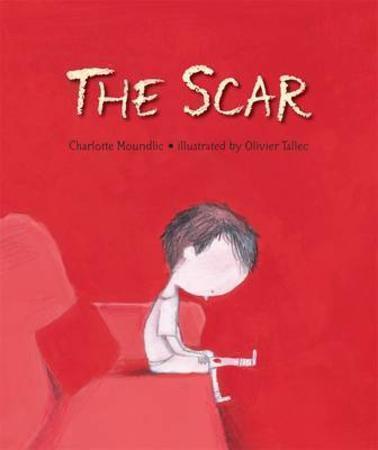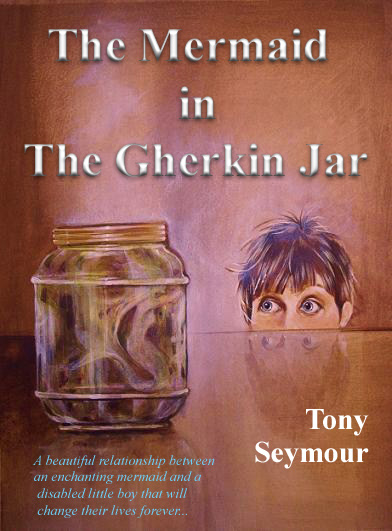A recent article in ‘The Independent,’ written by guest contributor Natalie Haynes, noted the demise of grandparents in children’s literature. It made me think, especially as grandparents play such a pivotal role in my own children’s book, ‘The Mermaid in The Gherkin Jar’. However, though grandparents do not appear quite as often as they once did, there is still evidence to suggest they have not shuffled off the pages of children’s literature, just yet!
Grandparent’s have played an important part in many children’s books over the years. Perhaps the most famous example is Roald Dahl’s ‘Charlie and the Chocolate Factory’. Charlie’s grandfather, Grandpa Jo, is one of the key characters in the novel. It is he who encourages Charlie to seek a golden ticket allowing them to enter the factory gates and he who accompanies the little boy on his wonderful adventure around Willy Wonka’s chocolate wonderland.

Charlie Bucket and Grandpa Jo in Roald Dahl’s, ‘Charlie and The Chocolate Factory’ – Illustration by Quentin Blake
Another loving grandfather figure in children’s literature is to be found in Charles Dickens’, ‘The Old Curiosity Shop’. Here, Little Nell is doted on by her maternal grandfather who does his best to ensure that the orphaned girl does not die in poverty. When she tragically succumbs, however, the old man dies of a broken heart.
In Johanna Spyri’s ‘Heidi’, the orphaned girl is brought to stay with her reclusive grandfather. After his initial frostiness, a warm relationship develops between Heidi and the old man, who develops a great fondness towards her.
All three books above, as well as my own novel, underline the crucial position of grandparents within the family unit. In particular, in ‘Charlie and The Chocolate Factory’, all Charlie’s grandparents live under the same roof, indeed in the same bed(!) creating a great sense of unity and security.
That grandparents should enjoy such a valuable position within the family is hardly surprising as they are often the first contact that a child will have beyond the nucleus of the immediate family. Grandparents are also useful from an author’s perspective as they are able to offer a different view on life’s obstacles, having a wealth of experience of their own on which to draw. For my own part, the world of my grandparents was not just a safe and reassuring environment, but a place of wonder and excitement, not least because they lived in such a huge, sprawling house.
In ‘The Mermaid and The Gherkin Jar’, it is Christopher’s grandmother who first introduces the possibility that mermaids might live in gherkin jars. As the novel progresses, the role of grandmother and grandfather becomes more important as Grandad Dougal, offers Christopher advice on how to cope with his disability, not to mention the bullies at school. Furthermore, his grandparents are a source of humour, entertaining Christopher and his brother with their comical squabbling and eccentric behaviour.
But the grandparents don‘t always do the teaching. Another well known children’s book which examines the relationship between grandparent and grandchild is ‘Little Lord Fauntleroy’ by Frances Hodgson Burnett. Here, an impoverished American boy discovers he is heir to his grandfather’s vast fortune. His grandfather, the haughty Earl of Dorincourt, whisks the young lord to his estate in England to teach him the ways of the British aristocracy. Instead, however, the old man is moved by Erin’s innocence and compassion and learns to respect and care for his tenants who he has previously ignored and held in contempt.
Nor do grandparent’s necessarily play the loving figures that characterise the aforementioned children’s novels. On the contrary, in Dahl’s ‘George’s Marvellous Medicine’, George plots to rid his family of his selfish and grumpy grandmother and does so, by eventually creating a potion that shrinks her into oblivion!
Nowadays, however, it seems that the role of grandparents is fast being forgotten. The breakdown of the family unit, coupled with the fact that modern families often live miles apart, not to mention an increasing gap between the generations means that grandchildren seem to be spending less time than ever with their elders.
Worryingly, Natalie Haynes highlights a report by Age UK stating that a third of over 65’s regard themselves lucky if they see their grandchildren more than once a month. With the diminishing role of grandparents in today’s society, it is hardly surprising that they are playing an even smaller part in children’s literature. Even Harry Potter appears to have been abandoned by them, notes Haynes.
Nevertheless, this is not to say that grandparents have completely retired from their role in children’s literature. Apart from my own humble attempt, there have been one or two other recent novels which see the role of grandparent taking centre stage once more.
Perhaps the most moving example is ‘The Scar’ by Charlotte Moundlic. Children’s picture books are not usually the place where one would expect to confront huge heart wrenching issues, but Moundlic’s book does exactly that with the harrowing opening line, “Mum died this morning”.
So begins the story of a little boy who must deal with the intolerable pain of his mother’s death. In the end, it is his grandmother who helps him cope with his anger and his fear, whilst showing him that his mother’s love is never too far away. In such a simple, yet devastatingly powerful novel which puts the grandparent as one of the central characters, it is the old woman who manages to hold this little boy’s shattered world together.
If anyone requires evidence that the role of the grandparent in children’s literature is far from redundant, this is surely it.


